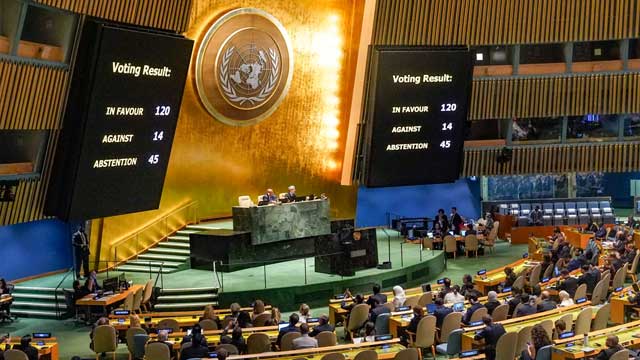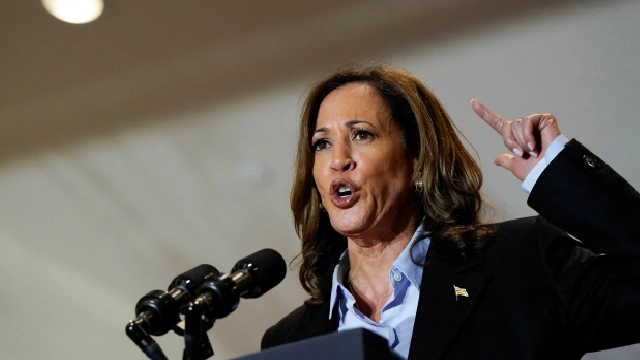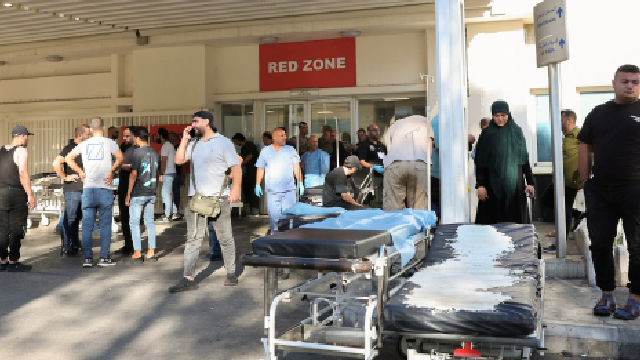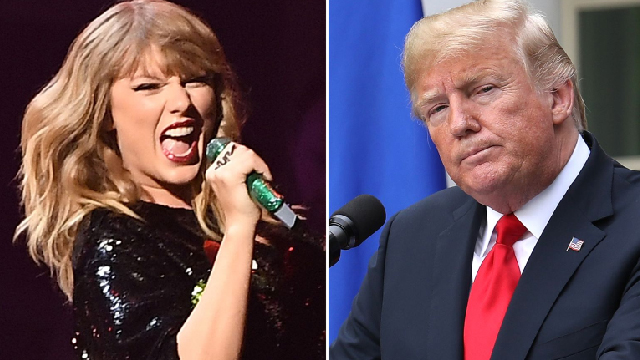Popular News
Top Headlines
This smartphone brand overtakes Apple as world’s second-biggest phonemaker
18-September،2024
NATO members unite to face evolving threats from Russia and China
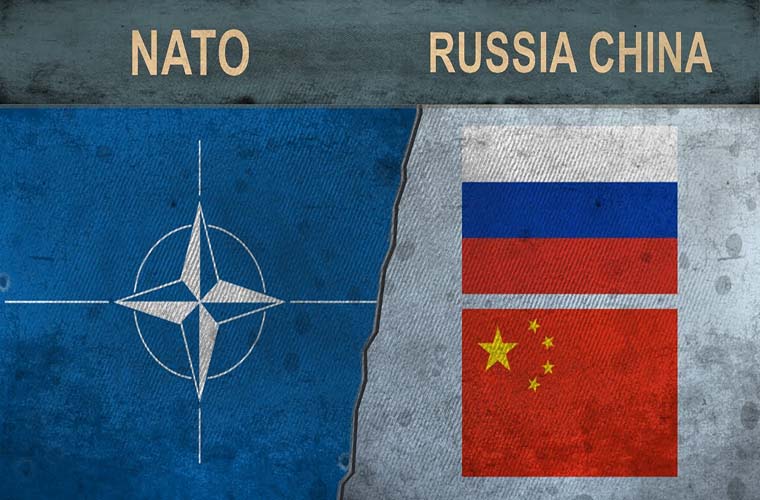
NATO members unite to face evolving threats from Russia and China.
According to CNBC report, NATO members vowed to address a range of traditional and evolving security challenges, including several posed by China.
NATO members unite to face evolving threats from Russia and China
NATO stated this in a joint statement released Monday at the close of their summit.
“China’s growing influence and international policies can present challenges that we need to address together as an Alliance,” the statement, known as a communique, said.
“We will engage China with a view to defending the security interests of the Alliance.”
The references to China represent a victory for President Joe Biden, who was attending his first NATO summit as president.
Biden arrived at the summit intent upon rallying NATO’s 30 member-strong alliance behind a security policy that confronts both new threats, like cyberwarfare and China, as well as traditional threats, like Russia’s military incursions into Eastern Europe.
Beijing’s ambitious military buildup
But Beijing’s ambitious military buildup also received mention in the communique.
“China is rapidly expanding its nuclear arsenal with more warheads and a larger number of sophisticated delivery systems to establish a nuclear triad,” the communique said.
Biden has said his administration will stand “shoulder to shoulder” with America’s closest allies, breaking sharply from his predecessor’s “America First” policy.
President Donald Trump attacked NATO on a regular basis, questioning both the relevancy and the effectiveness of the decades-old alliance.
NATO’s pivot to China, as opposed to a laser focus on Russia
By contrast, Biden is outspoken in his belief that NATO is a cornerstone of global stability and a crucial player in confronting these evolving threats.
Yet NATO’s pivot to China, as opposed to a laser focus on Russia, is not necessarily a welcome change for everyone.
Some of NATO’s smallest members, many located in Eastern Europe, believe that deterrence against Russian aggression should be the chief concern of the alliance’s security efforts.
Biden met with the leaders of several Balkan nations on Monday morning, as well as with Poland’s president, Andrzej Duda. The U.S. military maintains a significant presence in Poland that is widely viewed as a major deterrent to Russia.
In response to the threat of hybrid warfare that Russia poses, NATO member states opened the door to potentially invoking Article 5, the mutual defense agreement, in cases of destabilizing disinformation attacks against “political institutions” and “public opinion.”
Article 5
To date, Article 5 has only been invoked once — in defense of the United States in the wake of the 9/11 terrorist attacks.
“We are enhancing our situational awareness and expanding the tools at our disposal to counter hybrid threats, including disinformation campaigns, by developing comprehensive preventive and response options,” the communique states.
Russia’s disinformation campaigns have hit Europe hard, notably ahead of the 2016 Brexit referendum, during the 2017 protests in Catalonia, and before the 2019 European Parliament elections.
On Tuesday, Biden will travel to Geneva for a summit with Russian President Vladimir Putin. Biden is expected to raise many of the topics addressed in the NATO communique.


